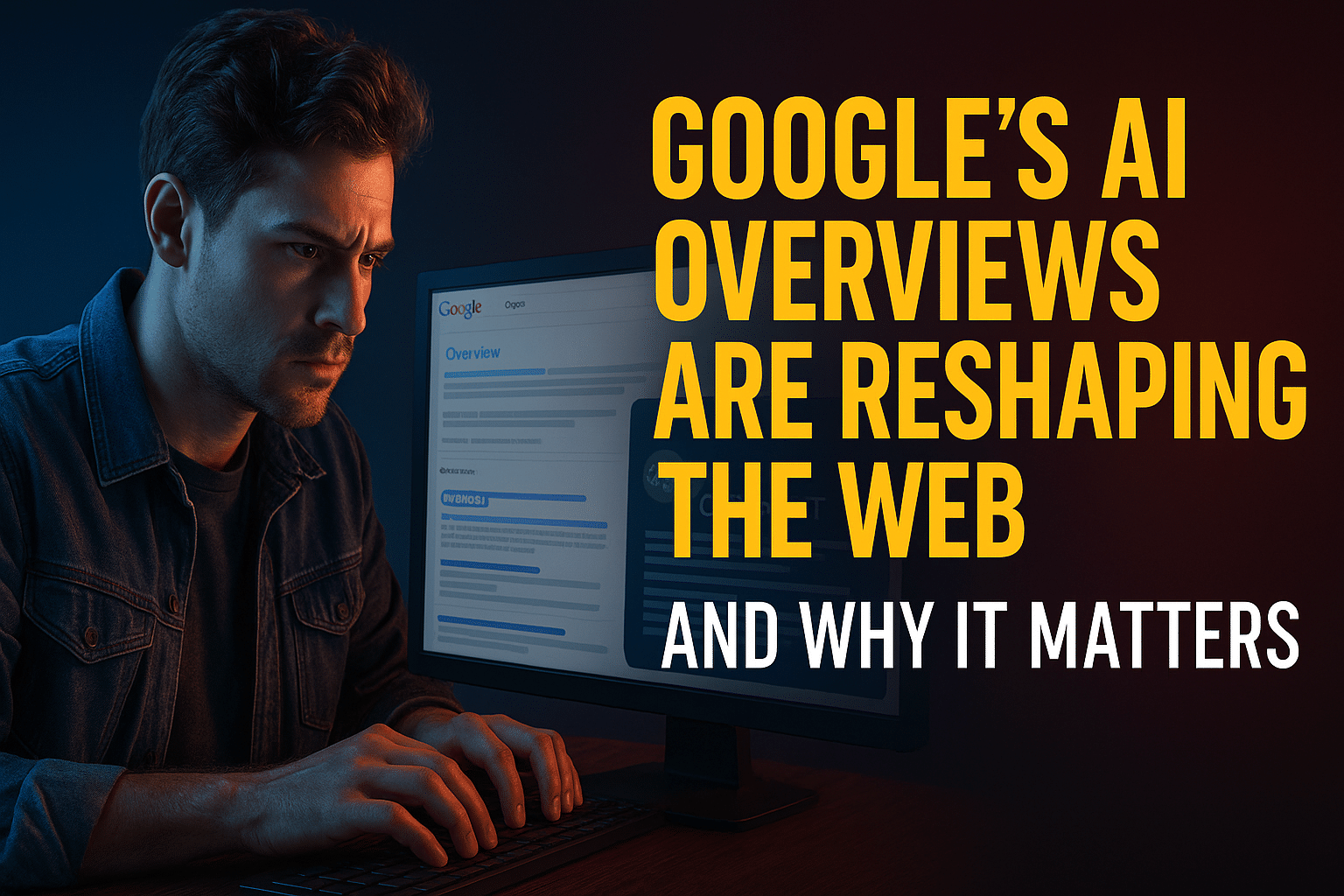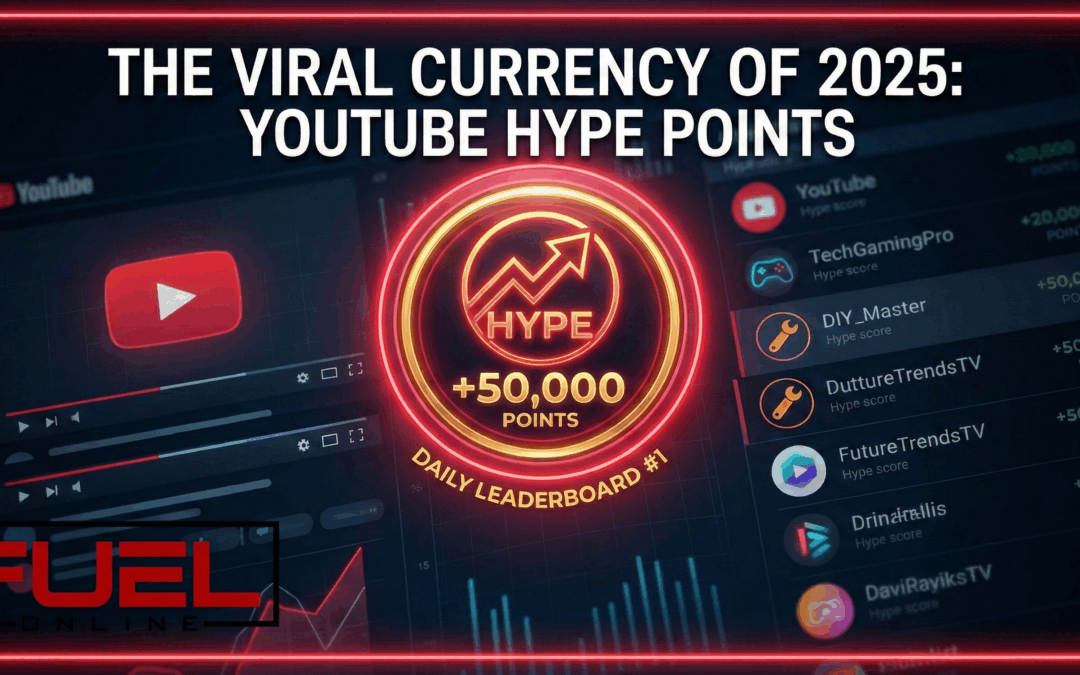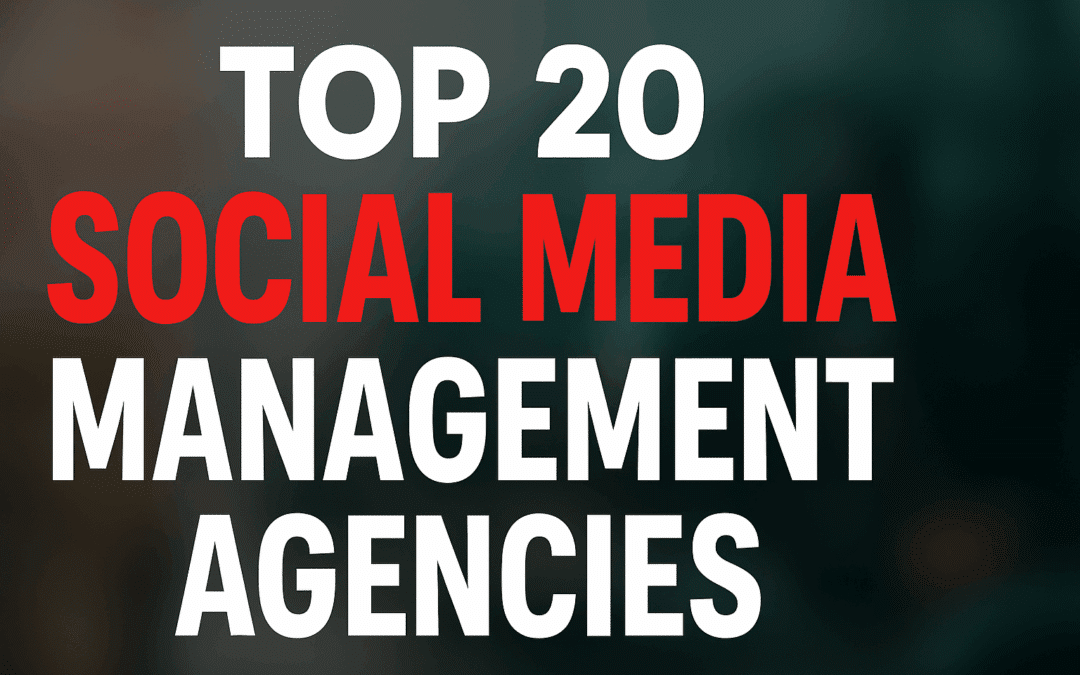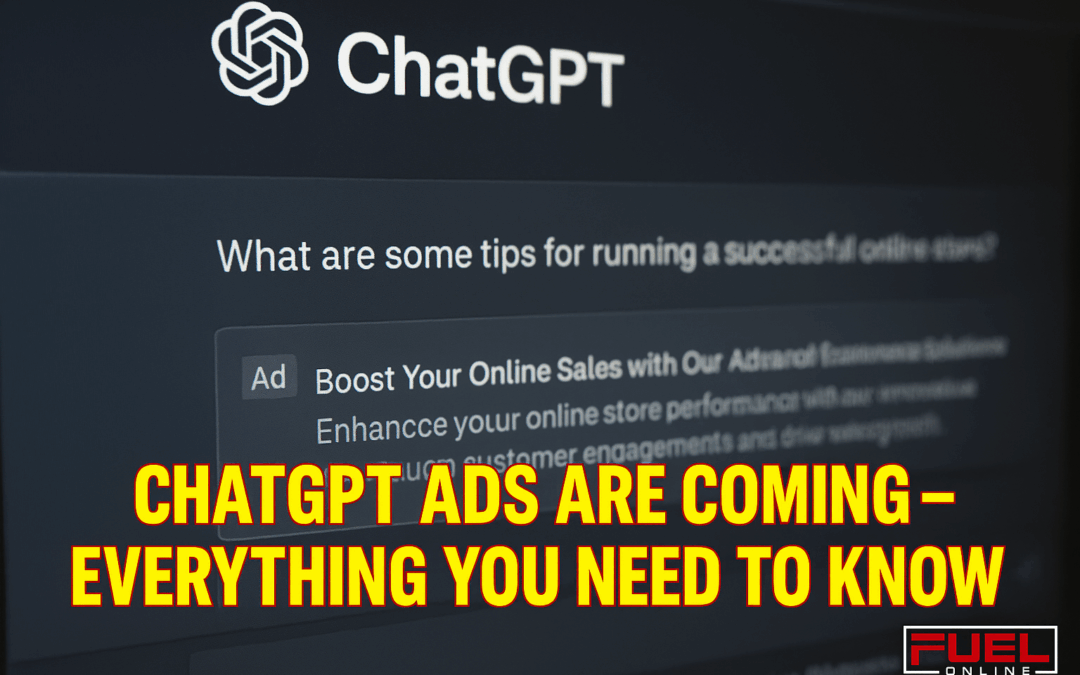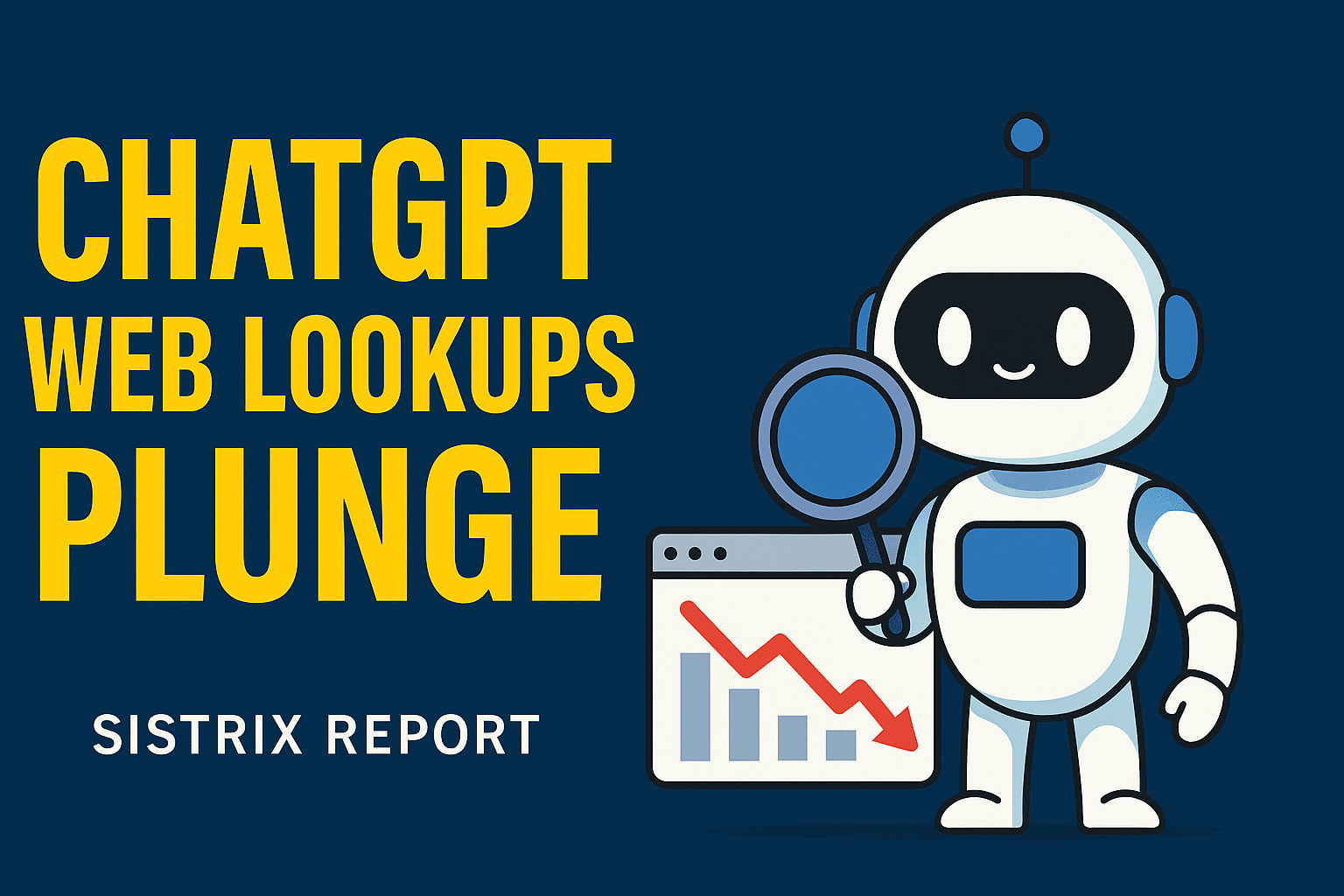In July 2025, a groundbreaking report from the Pew Research Center confirmed what many digital publishers and SEO professionals feared: Google’s AI Overviews—those instant, AI-generated responses at the top of search results—are dramatically changing how users engage with search and are quietly dismantling the traditional web ecosystem.
The key concern? Users are getting their answers directly from Google, without ever visiting the source websites. For publishers, marketers, and creators, this is more than just a shift in user behavior—it’s a potential extinction event for referral traffic and visibility.
What the Pew Study Revealed
Pew tracked 900 consenting U.S. adults over March 2025, logging over 68,000 unique Google searches. Out of those, approximately 18% triggered an AI Overview. What happened when those overviews appeared was revealing:
-
Only 8% of users clicked on any link (AI summary or traditional result).
-
When no AI summary was present, the click rate jumped to 15%.
-
Only 1% of users clicked on a link embedded within the AI Overview itself.
-
A full 26% of those sessions ended immediately after viewing the AI summary—compared to just 16% of sessions where no AI summary was shown.
This represents a dramatic decrease in overall engagement and a potentially existential threat to websites that rely heavily on organic search traffic.
The Ripple Effects Across the Web
1. Cratering SEO Traffic
For years, Google has been the single most powerful traffic engine for digital publishers. Now, AI Overviews act as a blockade between your content and the user. Why would someone click a link when a summary is already displayed?
The result is plain: massive traffic drops. Some publishers report organic traffic losses of up to 80% on pages that once ranked highly but now sit buried beneath AI-generated responses.
2. A Narrowing of the Information Ecosystem
The Pew data also showed that most of the links cited in AI Overviews come from a very small group of sources. Wikipedia, Reddit, and YouTube made up a significant portion of these references, which means smaller, more nuanced or expert sites are effectively being erased from visibility. Even when a niche site provides the best possible answer, it may not be shown or credited.
This concentration of source material erodes web diversity, and may eventually homogenize the kind of information users see, reinforcing mainstream narratives and making it harder for unique or dissenting viewpoints to gain traction.
3. The Demise of Long-Form Discovery
Search used to reward exploration. You’d read one article, click through to another, then dive deeper into a related idea. With AI Overviews, this “information journey” is interrupted. Many sessions now begin and end on the search results page.
When AI is spoon-feeding summaries, there’s little incentive for a user to click further. This stifles curiosity, critical thinking, and deeper learning. It’s an “answer-first” system with no encouragement to explore.
Additional Insights Not Covered Elsewhere
Longer Queries = More AI Summaries
Pew found that the longer and more conversational the query, the more likely it was to trigger an AI Overview. Only about 8% of short (1–2 word) queries brought up AI summaries, while over 50% of queries with 10+ words did.
That’s particularly troubling for SEO experts and bloggers, who tend to target long-tail, specific queries for organic growth. Those are now the exact queries being intercepted and answered by Google’s AI—without the user needing to visit your site.
Session Quality Is Declining
AI Overviews don’t just reduce clicks—they also shorten sessions. Users who encounter an overview are far more likely to stop searching entirely, which means less dwell time, fewer pageviews, and overall lower engagement metrics for websites. Even if your link appears in the results, it’s buried under a giant AI box that’s “good enough” for the average searcher.
Hallucinations & Accuracy Issues
Despite Google’s claims of improvement, hallucinations are still happening. AI Overviews have been known to fabricate quotes, conflate sources, or provide outdated or inaccurate answers. But because the interface looks authoritative, users often take it at face value—never verifying the original source. And with click-throughs so low, publishers have no opportunity to correct the record or present their original context.
How Content Creators Can Respond
1. Build Outside the Google Ecosystem
It’s time to diversify. Email newsletters, social media communities, YouTube channels, and even podcasts now offer safer avenues to connect directly with audiences. Relying solely on Google is no longer a viable strategy for most publishers.
2. Create Content That Transcends the Summary
Don’t just answer questions—explore, analyze, visualize, and offer experience-based perspectives. AI struggles with nuance, personality, and deeply contextual storytelling. That’s your advantage. Use it.
3. Optimize for AI Inclusion—But Push for Clicks
Structure your content with clear subheadings, bullet points, and summary boxes so that Google can extract data if necessary—but always include calls to action, original visuals, and reasons to click through for the full story. Make it clear the summary is just the beginning.
4. Support Industry Advocacy
Many media organizations and industry groups are beginning to push back against Google’s AI summaries, calling for fair use compensation and transparency in how summaries are generated. If you’re affected, join the fight. A collective voice has more power to influence policy and future search guidelines.
A Turning Point for the Open Web
AI Overviews represent more than just a new feature—they’re a foundational shift in how people interact with information online. They bypass the websites that built the internet and replace diverse, nuanced sources with generic, machine-written summaries.
If left unchecked, this trend could result in a web where quality content has no economic incentive to exist, where only mega-platforms dominate visibility, and where independent thought slowly disappears from the search landscape.
The question now isn’t whether AI will shape the future of search—it already has. The question is: What kind of web do we want to have left when it’s done?
Citations
-
Pew Research Center (2025). “Google Users Are Less Likely to Click on Links When an AI Summary Appears in the Results.” Retrieved from: https://www.pewresearch.org/short-reads/2025/07/22/google-users-are-less-likely-to-click-on-links-when-an-ai-summary-appears-in-the-results/

